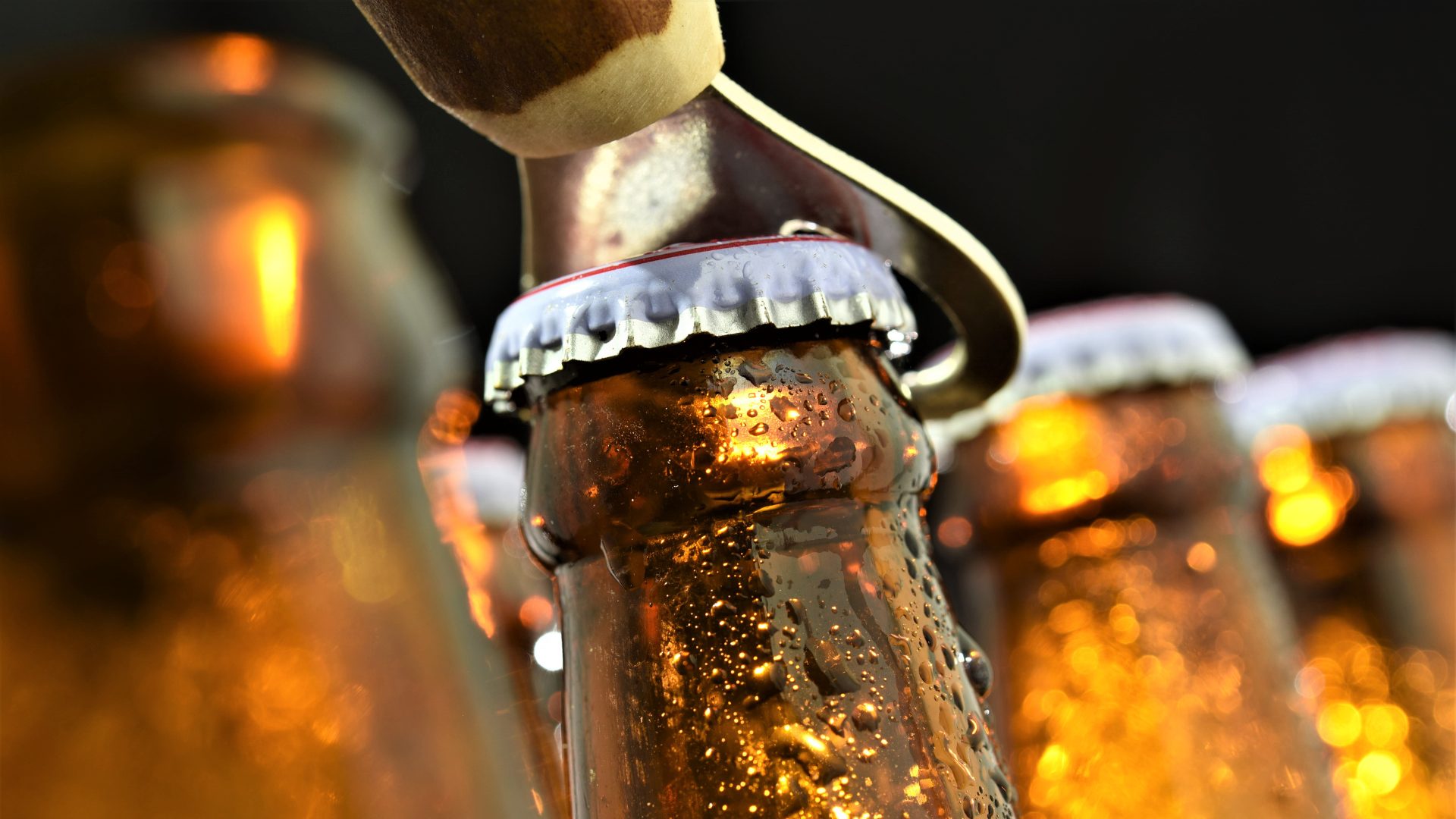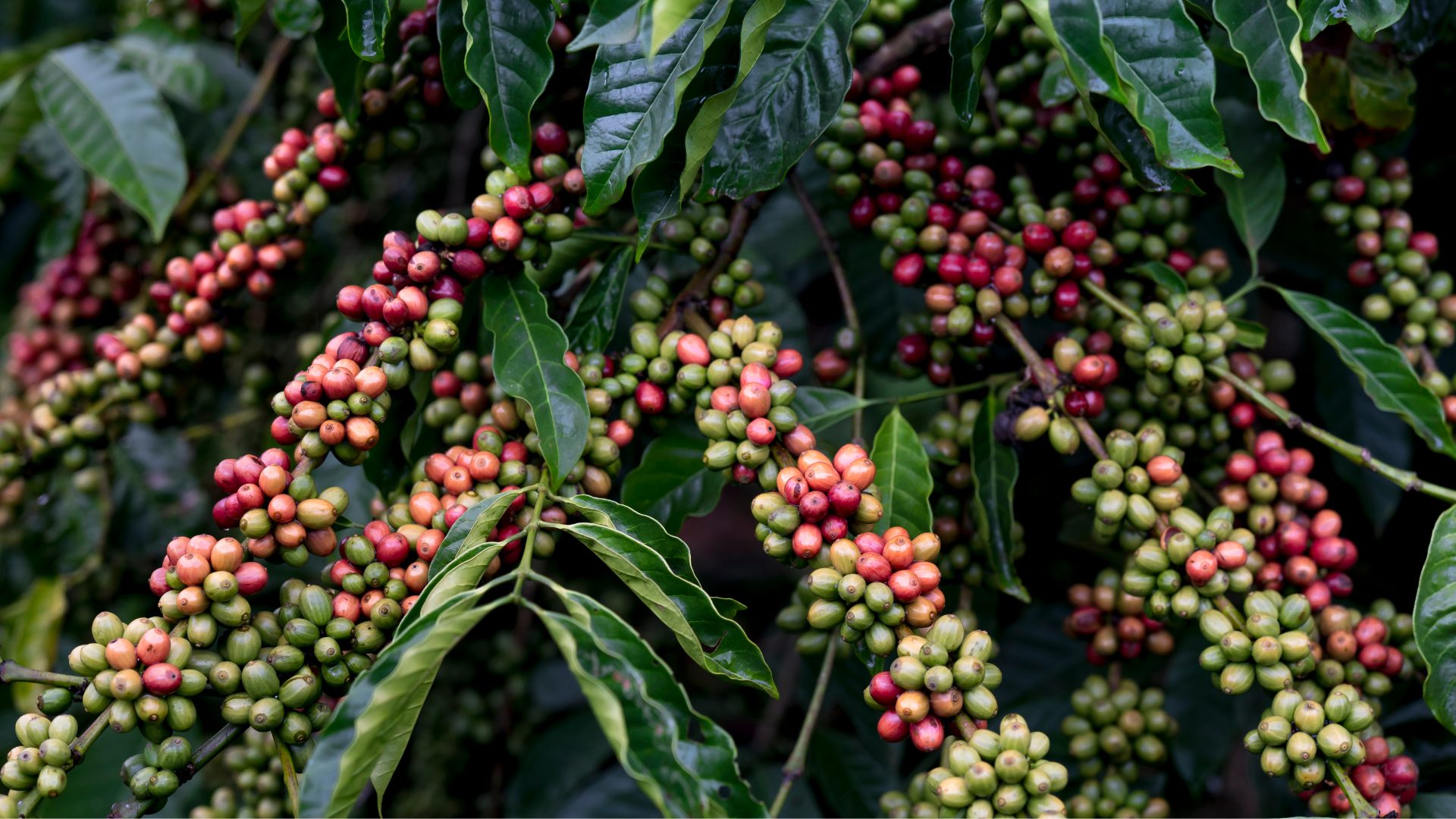In the food and beverage space, there hasn’t been a company hit harder by tariffs and Trump Administration policies than Constellation Brands, the owner of brands including Corona and Modelo. Stepped-up immigration enforcement and raids by ICE have led to fewer occasions and lower demand from a Hispanic community that drives about 50% of Constellation’s U.S. beer sales.
Tariffs on aluminum should take almost $50 million off earnings this year, based on company projections; the total bill from tariffs now runs to about $90 million a year, about 2.5% of fiscal 2025 (ending February) adjusted operating profit.
But government policies have not been the only problem – and they’re far from the only concern held by investors. The broad worry is that, with data consistently showing that fewer Americans than ever are drinking alcohol, Constellation is headed for secular, structural declines in revenue even once the political environment improves.
As a result, Constellation stock has been hammered.
Constellation shares are down 36% so far in 2025, and 46% over the past year.
GLP-1s, Tariffs, and a Sobering Forecast
After Constellation lowered its outlook for fiscal 2016 early last month, a steady sell-off led the stock to an eight-year low (excluding a few sessions during pandemic-driven panic trading in March 2020). The level of the sell-off suggests the market is pricing more than just short-term headwinds that could (at least in theory) abate in January 2029 or sooner if political winds shift.
Certainly, Constellation management doesn’t believe that beer – which drives over 90% of Constellation’s profit, with a smaller wine and spirits business contributing the rest – is finished.
At a conference last month, held the same day the company lowered its outlook, president and CEO Bill Newlands dismissed the gloomy predictions of structural change. He noted that 21- to 25-year-olds in fact were overrepresented in his company’s sales, and argued that worries about GLP-1s (whose impact he said to this point was “negligible”) were overblown. And Constellation isn’t acting as if the category is headed for permanent decline: CFO Garth Hankinson pointed out that Constellation was keeping its marketing spend intact.
To executives, this is a short-term issue driven largely by socioeconomic concerns in the Hispanic community; as Newlands put it, in that demographic “people are not having events in their homes”.
Add in weakness in blue-collar employment, and broader macroeconomic concerns, and it’s somewhat easy to take Constellation’s side. Fiscal 2026 guidance does look weak, but in context of the external environment doesn’t appear that concerning: beer sales for the full year are expected to be down about 2% to 4%.
Beer Isn’t Dead Yet
Given that depletions (the change in volume at the distributor level) rose nearly 3% in fiscal 2025, the secular decline thesis requires that something in the market has changed materially in a matter of months. It does seem much more logical that Constellation’s explanation is correct, and that eventually the category will normalize, allowing the company’s brands to once again shine.
The market isn’t convinced, however, and its judgment on the nature of industry pressure can be seen elsewhere in the space.
Shares of spirits giant Diageo are at a 13-year low, and that company’s efforts to sell brands suggests its executives are much more cautious on the industry’s long-term prospects. Beer giants Anheuser Busch InBev and Molson Coors haven’t performed quite as poorly, but neither has come close to matching overall market performance.
The problem for Constellation is that even if market sentiment toward alcohol and beer demand has overshot, its own near-term pressures are likely to last for at least a few more years. Given that the best-case scenario thus includes short-term headwinds, it’s little surprise investors are moving their money elsewhere.
Vince Martin is an analyst and author whose work has appeared on multiple financial industry websites for more than a decade; he’s currently the lead writer for Wall Street & Main. He has no positions in any securities mentioned.
The Food Institute Podcast
How can a food industry trade show spark global culinary creativity? Anuga’s JP Hartmann, U.S. Consul General Preeti Shah, and World Food Championships’ Nikki Jackson share their perspectives on how the U.S. presence at Anuga 2025 is helping to bridge culinary experiences together.











